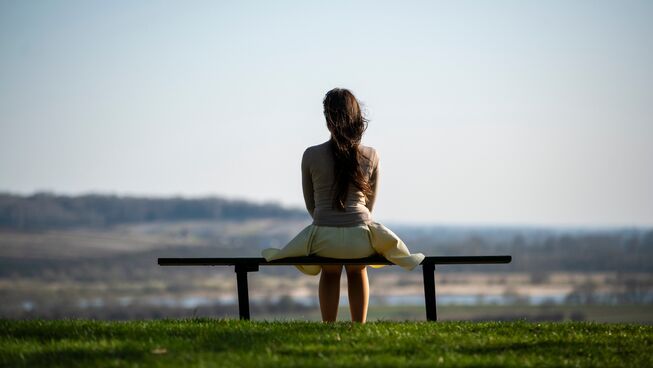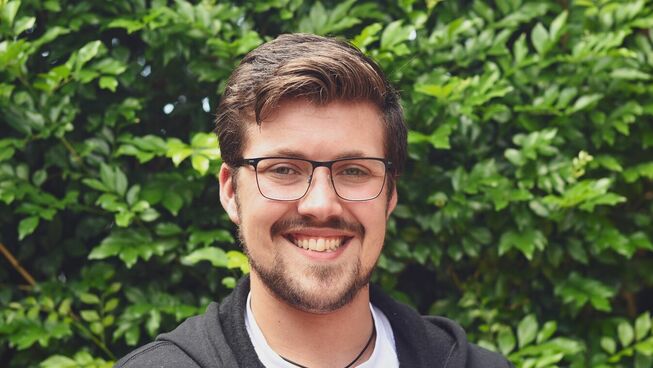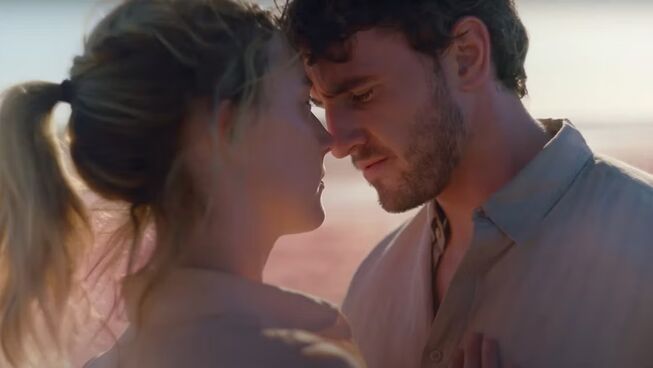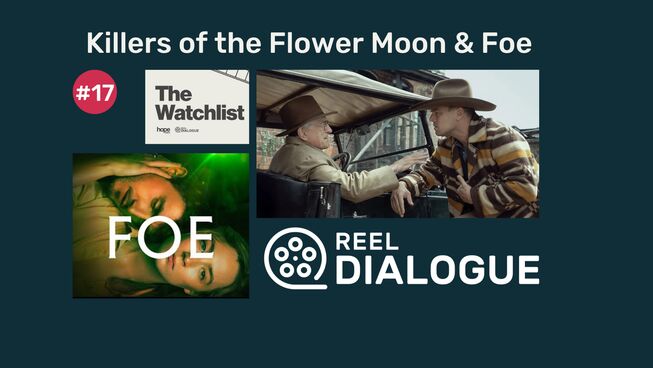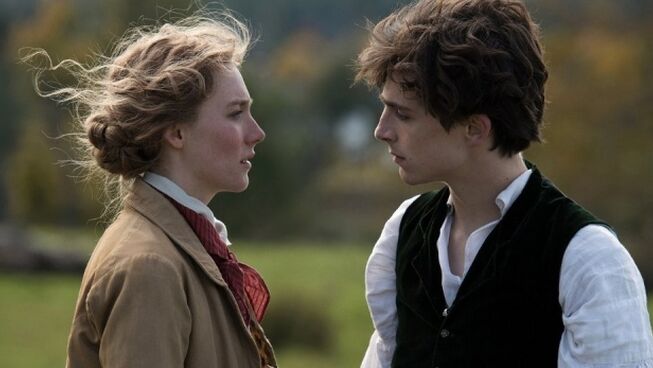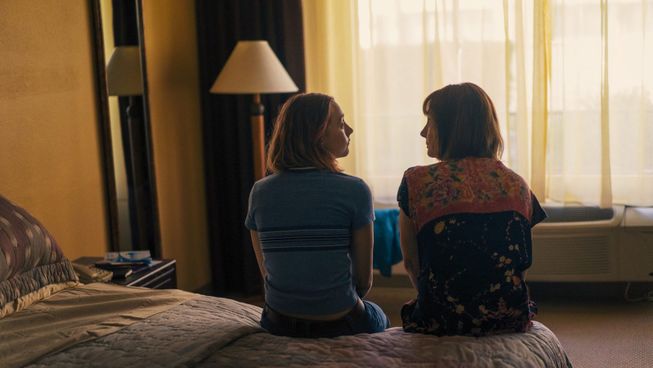The Outrun
Topics
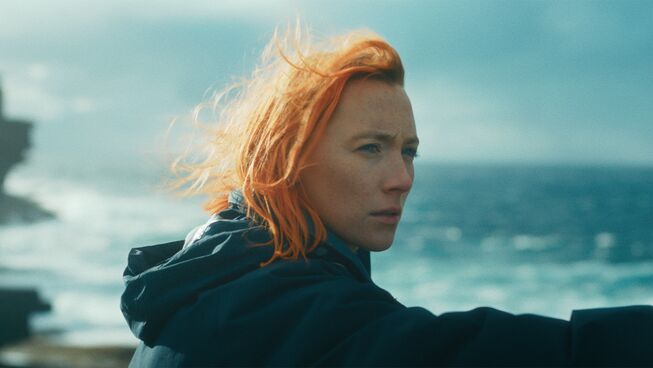
⭐️ ⭐️ ⭐️ 1/2 (out of 5)
After living on the edge and spiralling into addiction, Rona (Saoirse Ronan) leaves London and returns to her childhood home in the Orkney Islands, hoping to recover. Escaping her mother’s well-intentioned religious interference and being unable to help her father on his farm due to his unstable bipolar episodes, she eventually takes a job as a bird conservation observer on a tiny remote island. But she can’t outrun the past, which threatens to overwhelm her – until Rona finally connects with the natural world in all its windblown, elemental glory, and the community around her.
Adapted from the memoir of Amy Liptrot, who returned to her childhood home in Orkney to recover from her alcoholism, the film shows something beautifully unique about the inner turmoil of addiction and the outer isolating, cold, windy weather of the Orkney Islands - and how the antidote to surviving both is community and vocation. When you know who you are and where you belong, inner peace transcends the need to soothe inner demons with a bottle or withdraw into one’s self.
Saoirse Ronan is superb, with deep sorrow, guilt, and pain, which she processes as she recovers. Seeing her character hopeful and happy by the film's end is a triumph after her battles and lows. The film is told in a non-linear fashion, which may leave audiences occasionally a little lost, but the messiness doesn’t impact how emotionally affecting the film is. It’s beautifully adapted from Liptrot’s memoir, with a profoundly human core, and Nora Fingscheidt directs it with deep intimacy and care. Overall, The Outrun is a deeply affecting film about alcoholism, addiction, mental health and recovery with an outstanding Saoirse Ronan that overcomes some messy structural decisions to still deliver a hard-hitting and emotional story that is sobering, truthful and raw.
Reel Dialogue: What is true serenity?
Anyone familiar with Alcoholics Anonymous has likely heard the Serenity Prayer:
“God grant me the serenity to accept the things I cannot change, courage to change the things I can, and wisdom to know the difference.”
It’s a prayer predicated on the willingness to “let go and let God”, and to have the humility to realise you can’t always solve your own problems and need God’s help. Rona continually fights against her mother's religious beliefs and prayers for her, feeling like they are for naught and in vain as she continues to struggle with her addiction. However, Rona does eventually reach significant sobriety as she moves from destruction to serenity. And this peace of mind comes from letting other people in, including praying the AA serenity prayer for the first time near the film's close. A sign that she is finally willing to let God in as well. Whilst the beautiful isolation of the Orkney’s brings aesthetic serenity, only God can bring true internal peace. Have you let go and let God take control?
"Do not be anxious about anything, but in every situation, by prayer and petition, with thanksgiving, present your requests to God. And the peace of God, which transcends all understanding, will guard your hearts and your minds in Christ Jesus." - Philippians 4:6-7
More like this ...



